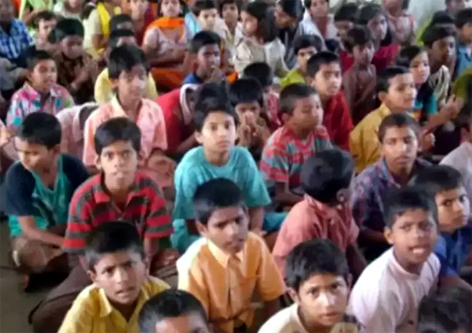The data shared by the Women and Child Development Committee in Rajya Sabha indicates a concerning trend of an increase in the number of orphaned, abandoned, and surrendered children in the CARINGS portal. The statistics show that there was a 25% spike in the number of such children over the last three years. It is essential to address the underlying factors leading to the increase in the number of orphaned, abandoned, and surrendered children. The Government should focus on strengthening social support systems and family support programmes and ensuring timely interventions to prevent child abandonment and orphanhood. Additionally, efforts should be made to expedite the adoption process and ensure that eligible children find caring and loving families. The issue of orphaned and vulnerable children extends beyond those who are registered in adoption portals like CARINGS. Many orphaned and abandoned children do not end up in formal orphanages or child-care homes but instead are left to fend for themselves, living on the streets or in vulnerable conditions. The actual numbers in the country are likely to be much higher than the figures recorded in official systems. This situation is indeed alarming, and the Government must address the needs of all vulnerable children, whether they are in formal care systems or living outside of them. There is a need for a comprehensive approach to ensure the well-being and protection of all children who are orphans.
Furthermore, continued monitoring and improvements in the functioning of childcare homes are crucial to ensuring the safety and well-being of children in such facilities. As the Government’s online adoption platform, CARINGS, aims to streamline the adoption process, it is vital to promote awareness about adoption and encourage eligible families to adopt children in need of care and protection. Overall, addressing the challenges related to child welfare and adoption requires a comprehensive approach involving Government agencies, NGOs, and society at large to ensure the well-being of vulnerable children and provide them with a safe and nurturing environment.
Trending Now
E-Paper


